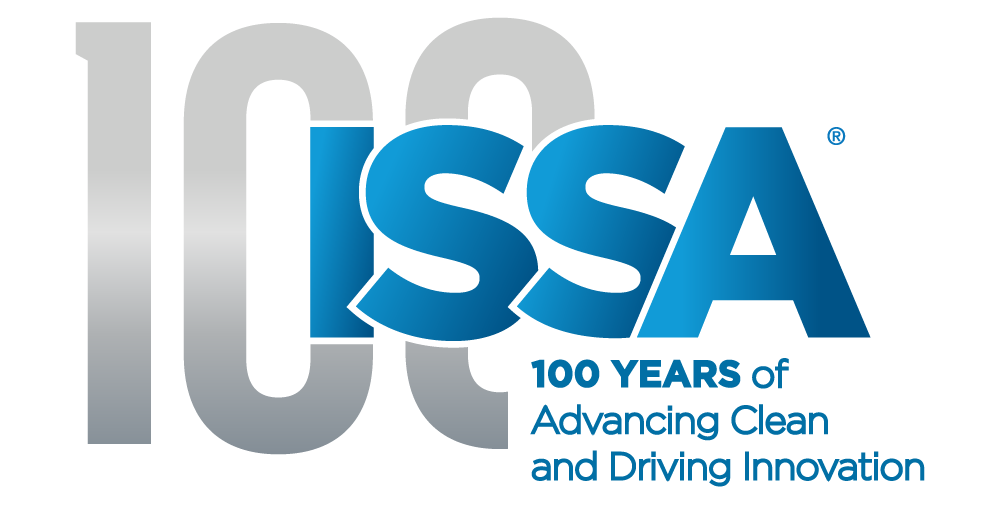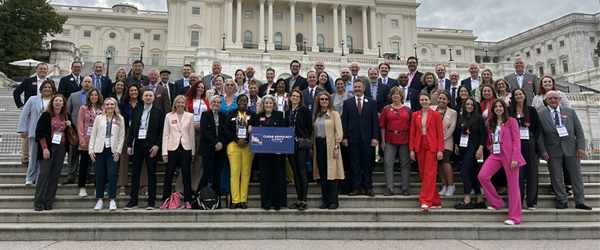ISSA Releases Comprehensive Extended Producer Responsibility (EPR) Summary for Cleaning Industry
In response to the rapidly evolving landscape of Extended Producer Responsibility (EPR) laws across the United States, ISSA is proud to announce the release of a comprehensive EPR Summary tailored specifically for the cleaning industry. This invaluable resource provides our members with crucial insights into the new regulatory requirements affecting packaging for commercial and household cleaning products.
Why This Matters to You
As of 2025, five states—California, Colorado, Maine, Minnesota, and Oregon—have enacted EPR laws that directly impact “producers,” which are defined to include manufacturers, distributors, and importers of commercial and household cleaning products. These laws aim to reduce packaging waste and increase recyclability by shifting responsibility for waste management from municipalities to producers. However, the obligations created by these state laws vary significantly, making it imperative for manufacturers, distributors, and importers of cleaning products to review each state law. Understanding and complying with these regulations is essential for continued operations in these states.
Key Highlights of the EPR Summary
- State-Specific Breakdowns: Detailed analysis of EPR laws in California, Colorado, Maine, Minnesota, and Oregon, including a discussion of the type of packaging regulated under these state laws and the businesses or entities that are legally responsible for packaging.
- Compliance Requirements: Clear outlines of producer obligations, including:
- Registration with Producer Responsibility Organizations (PROs)
- Fee structures based on packaging materials and recyclability
- Reporting requirements for packaging introduced into each state
- Implementation Timelines: Critical dates for compliance, such as:
- California: 30% recycling rate for plastic materials by January 1, 2028
- Colorado: Producer registration with PRO by October 1, 2024
- Maine: First annual payment for packaging materials by September 2027
- Minnesota: All packaging must be refillable, reusable, recyclable, or compostable by January 1, 2032
- Oregon: 25% recycling rate for plastic packaging by 2028, increasing to 70% by 2050
- Industry-Specific Exemptions: Detailed information on exemptions relevant to cleaning products, including packaging for hazardous materials, disinfectants, and certain regulated products.
- Strategic Planning Support: Insights to help members align their operations with evolving EPR requirements and explore opportunities for cost reduction through sustainable packaging initiatives.
How This Summary Supports Your Business
- Compliance Guidance: Helps you navigate complex state-specific requirements to ensure legal compliance and avoid penalties.
- Cost Management: Highlights opportunities to reduce costs through exemptions and incentives for sustainable packaging design.
- Future-Proofing: Enables strategic planning to adapt your packaging and operations to meet upcoming regulatory changes.
- Competitive Advantage: Positions your business to lead in sustainability and regulatory compliance within the cleaning industry.
Access Your Copy Today
The EPR Summary is now available exclusively to ISSA members through our online portal. We encourage all members to review this critical document and share it with relevant teams within your organization.
Remember, while this summary provides valuable insights, it is not a substitute for legal advice. We recommend consulting legal professionals for guidance specific to your company’s circumstances.
Stay ahead of the curve with ISSA’s EPR Summary—your guide to navigating the future of packaging responsibility in the cleaning industry.
















